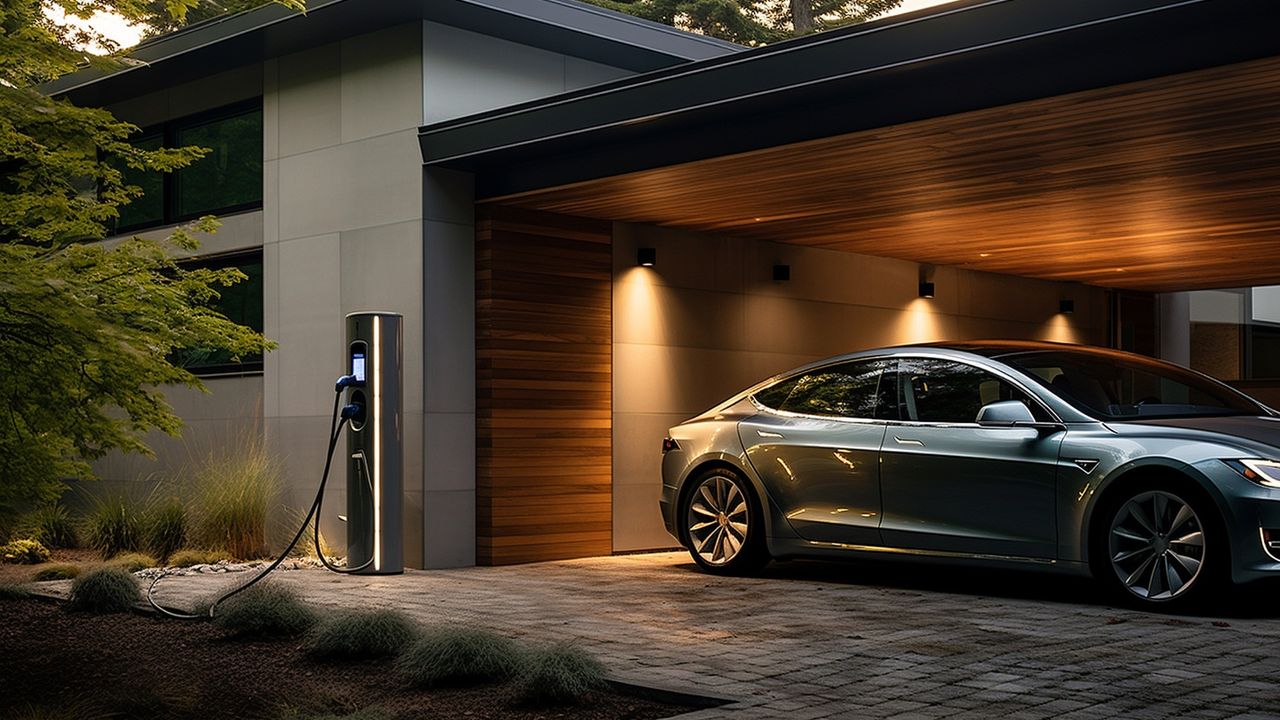Range Anxiety: Addressing the Fear of Running Out of Juice
One of the biggest concerns for electric vehicle (EV) owners is range anxiety. This term refers to the fear of running out of battery power before reaching a charging station. However, as the EV market continues to grow, so does the infrastructure to support it. Charging networks, advancements in battery technology, and improvements in energy density are all working together to alleviate range anxiety and make electric vehicles a more viable option for consumers.
Charging Networks: Expanding Access and Convenience
One of the main reasons for range anxiety is the limited availability of charging stations. However, charging networks are rapidly expanding, making it easier for EV owners to find a charging station when needed. Companies like Tesla, ChargePoint, and Electrify America are investing heavily in building charging infrastructure across the globe.
These charging networks are not only increasing the number of charging stations but also improving their accessibility and convenience. Fast-charging stations, also known as level 3 or DC fast chargers, can charge an EV battery to 80% in as little as 30 minutes. This means that even on long road trips, drivers can quickly top up their battery and continue their journey with minimal downtime.
Energy Density: Maximizing Battery Performance
Energy density refers to the amount of energy that can be stored in a given volume or mass of a battery. Higher energy density allows for longer driving ranges without compromising on battery size or weight. Advancements in battery technology have significantly increased energy density, making electric vehicles more practical for everyday use.
Lithium-ion batteries, which are commonly used in EVs, have seen significant improvements in energy density over the years. Researchers are also exploring alternative battery chemistries, such as solid-state batteries, which have the potential to offer even higher energy densities and faster charging times.
Battery Technology: Extending Range and Improving Efficiency
Battery technology plays a crucial role in addressing range anxiety. Manufacturers are constantly working on improving battery performance to extend the driving range of electric vehicles. This includes advancements in battery chemistry, cell design, and thermal management systems.
One of the key areas of focus is increasing the lifespan of batteries. As batteries degrade over time, their capacity to hold a charge diminishes. By developing batteries with improved durability and longevity, manufacturers can ensure that EVs maintain their range and performance over an extended period.
Another aspect of battery technology is improving charging efficiency. Faster charging times and reduced energy losses during charging can significantly enhance the overall user experience. This includes the development of smart charging algorithms that optimize charging speed based on factors like temperature, battery state of charge, and user preferences.
The Future of Range Anxiety
As charging networks continue to expand, energy density improves, and battery technology advances, range anxiety will become less of a concern for electric vehicle owners. The combination of fast-charging infrastructure, higher energy densities, and more efficient batteries will enable EVs to travel longer distances without the fear of running out of power.
Furthermore, ongoing research and development in the field of electric vehicles are driving innovation and pushing the boundaries of what is possible. Emerging technologies like wireless charging and vehicle-to-grid integration have the potential to revolutionize the way we charge and use electric vehicles, further reducing range anxiety and making EVs an even more attractive option for consumers.
Overall, range anxiety is being actively addressed through the expansion of charging networks, improvements in energy density, and advancements in battery technology. As these factors continue to evolve, electric vehicles will become a mainstream mode of transportation, offering a greener and more sustainable future for all.
